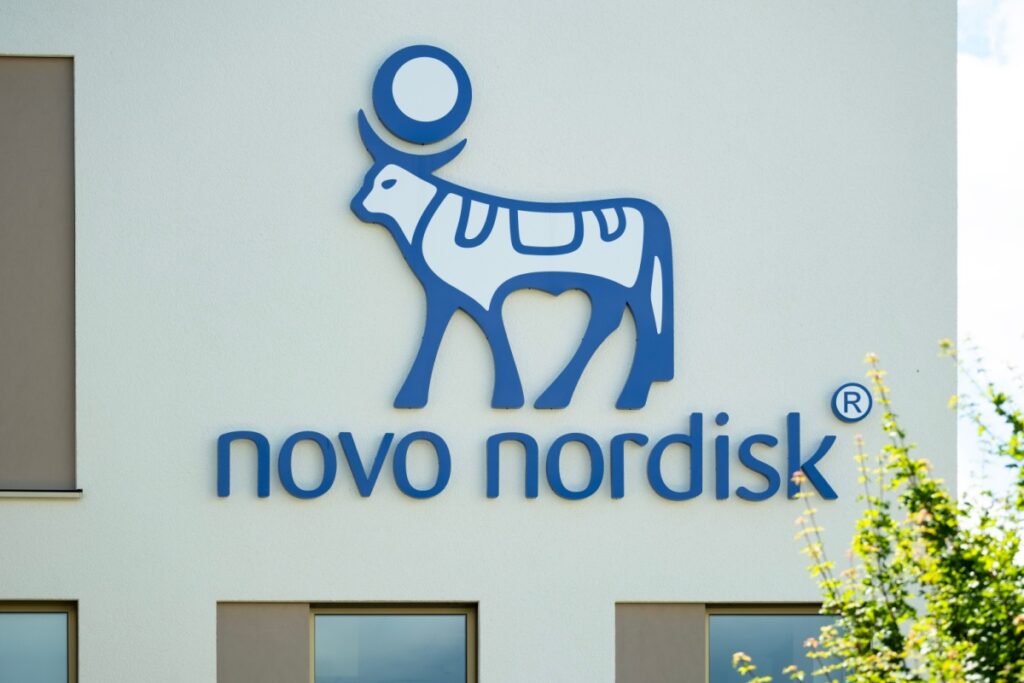Novo Nordisk has raised its offer for Metsera to as much as $10 billion, intensifying a takeover fight with Pfizer for the clinical-stage obesity-drug developer. Metsera said the revised proposal includes $62.20 in cash per share plus a $24 contingent value right (CVR) tied to development and regulatory milestones, up from Novo’s prior bid that peaked at $9 billion. In parallel, Pfizer, which struck an agreement in September to acquire Metsera, reworked its terms to $60 per share in cash while cutting its CVR to $10. Metsera’s board called Novo’s new proposal superior, setting a short window for Pfizer to respond.
Bidding War Escalates Between Novo and Pfizer
On a call with analysts, Pfizer Chairman and CEO Albert Bourla dismissed Novo’s sweetened bid as “illusory,” arguing it carries high regulatory risk and thus cannot constitute a superior offer under the merger agreement. The back-and-forth underscores the legal and strategic tensions around a target poised to influence the next wave of innovation across obesity and type-2 diabetes therapies.
Pfizer’s original deal contemplated about $4.9 billion upfront, with the CVR lifting the potential value to roughly $7.3 billion. Novo’s successive counter-offers: first up to $9 billion and now up to $10 billion. This prompted Pfizer to sue in an effort to block the rival approach and preserve its signed agreement.
Metsera’s Pipeline and Why It Matters
Metsera, which has no products on the market, is advancing a portfolio of oral and injectable candidates for obesity and related metabolic conditions. The company describes its programs as targeting nutrient-stimulated hormone (NuSH) pathways and says it is engineering each candidate for potency, durability, combinability, and scalability. That prospect is central to Novo Nordisk’s rationale: next-generation mechanisms or longer-acting profiles could help sustain growth as the weight-management field becomes more crowded.
The commercial backdrop is unusually strong. Demand for GLP-1-based weight-management medicines has surged, with rival Eli Lilly reporting booming sales of Zepbound and Mounjaro, highlighting the category’s momentum. Analysts and investors increasingly see obesity treatments as a multi-year growth engine, and recent reporting places the long-term opportunity at around $150 billion, a scale that has accelerated M&A and licensing activity across the sector.
Legal and Regulatory Tensions
As bids climb, legal challenges and antitrust review loom large. After Novo’s initial counter-offer, Pfizer filed lawsuits to halt the rival approach, arguing it was anti-competitive and designed to derail a signed agreement. While Metsera’s board has said Novo’s latest proposal is a superior offer, closing would still depend on regulatory clearance, financing and shareholder approval.
Regulators are expected to focus on whether consolidation around promising obesity mechanisms could alter competitive dynamics in a market where a handful of brands already dominate. With Wegovy and Ozempic (Novo) and Zepbound/Mounjaro (Lilly) setting the commercial pace, authorities may weigh how ownership of next-generation assets might affect pricing, access and innovation.
Novo’s Deal Streak and Competitive Pressures
The Metsera contest also reflects a more assertive deal posture at Novo Nordisk amid leadership and governance shifts reported in recent weeks. Beyond Metsera, Novo has moved to broaden its pipeline through a collaboration worth up to $2.2 billion with Septerna to develop oral small molecules for obesity and cardiometabolic disease, and a separate license deal valued at up to $812 million with Deep Apple Therapeutics. Reuters has further noted a push to move faster under a refreshed leadership team, including an additional transaction to buy Akero Therapeutics for up to $5 billion, part of a strategy to shore up options as semaglutide, the active ingredient in Wegovy and Ozempic, faces patent-expiry considerations in the coming years.
For Pfizer, retaining its agreement would mark a decisive return to a fast-growing therapeutic category after earlier setbacks in obesity research, potentially diversifying revenue beyond vaccines and oncology. For Novo Nordisk, prevailing would add options beyond semaglutide and could shape the cadence of future dosing regimens that influence patient adherence and manufacturing demand. Either outcome signals how far large drugmakers are willing to go to secure the most promising assets in a field reshaping the economics of chronic-disease care.
Novo’s and Pfizer’s latest moves, $62.20 cash plus a possible $24 CVR vs. $60 all-cash plus a smaller $10 CVR, put Metsera at the center of a rare, public bidding war whose resolution will hinge on boardroom calculations, shareholder sentiment and the verdict of competition authorities.


